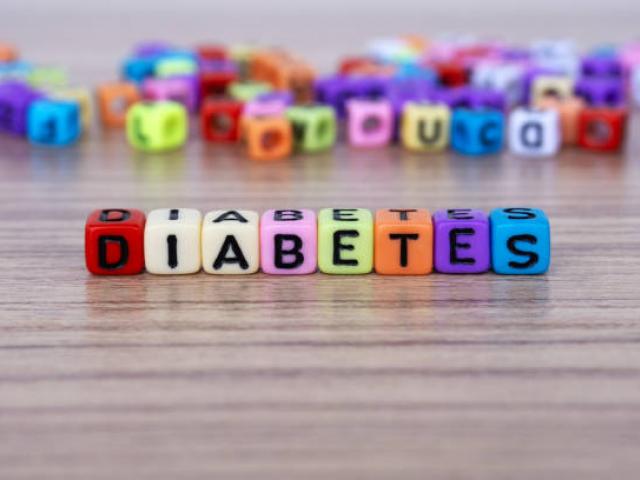Eating right for a healthier body
The New Zealand Health Survey 2020/2021 found that one in three New Zealand adults over the age of 15 were classified as obese; we have the third highest adult obesity rate of the 38 countries in the OECD (Organisation for Economic Co-operation and Development). Society still has an unhealthy obsession with being thin and the weight loss industry is worth billions of dollars globally. So how can we strike the right balance?
Frequent fads and yoyos
Frequently doing fad or crash diets is not recommended unless whilst under medical supervision. You may not receive the nutrients needed for a healthy body. Yoyo dieting, where weight keeps fluctuating, can lower metabolism which means people can end up gaining more weight than they lose. If a weight-loss programme sounds too good to be true, it probably is.
Focusing on health rather than weight can result in long term changes. Go slowly so that the new, achieveable habits are maintained.
Dieticians

Diabetes
Those diagnosed with diabetes will have differing needs, but the following general guidance is recommended. To manage blood sugar levels, eat three meals a day and include at least two different types of fruit and vegetables with each. Whole fruit does contain sugar, but it’s a natural sugar and fine for diabetics. Have lean protein such as chicken, fish and eggs and healthier carbohydrates which include whole grains and high-fibre food such as brown rice, kumara and wholemeal bread. Try to limit processed foods and those high in fat, as well as your intake of salt and sugary sweet treats.

Bariatric (weight-loss) surgery
Weight-loss surgeries such as a gastric bypass may be suggested if being very overweight has been complicated by serious medical conditions such as obstructive sleep apnoea, heart complications or PCOS (polycystic ovary syndrome).
Movement and mindfulness
Regular physical exercise has long been known as a key to good health. It will help in managing weight, strengthening muscles and bones and has been proven to help reduce stress and anxiety. Introducing exercise could be using the stairs at work instead of the lift or taking a brisk walk for 30 minutes a day. If it’s possible to walk or cycle to work, it will make a tangible difference to your overall health, especially cardiovascular fitness.

It is acknowledging where the food has come from. It is eating without distractions such as your ‘phone or watching television. It is thinking about your connection with food and if you eat for reasons other than hunger. Studies have found that mindful eating can help in appetite regulation and encourage a healthier relationship with what you eat.
Perhaps we should look to la belle France and see good, healthy food as a pleasure, something to be shared, and enjoyed with no guilt. Bon appétit!
Gill Towle












